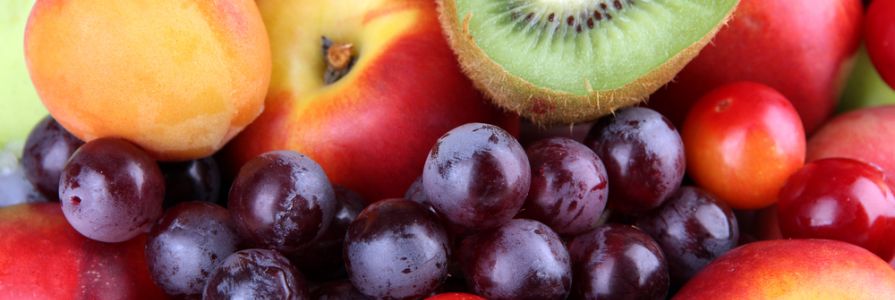Large amounts of fructose can raise triglycerides to unhealthy levels — and fruit does contain the sugary culprit. Luckily, those battling high triglycerides don’t have to give fruit the boot.
Q: I’ve heard that large amounts of fructose can raise triglycerides. Since fructose is the primary sugar in fruits, does eating a diet rich in fruits also contribute to an increase in triglycerides?
A: No, fruit contains only moderate amounts of fructose and is perfectly healthy. Studies that have shown that fructose raises triglycerides involved giving participants large quantities of concentrated fructose in the form of sugary drinks sweetened only with fructose.
While it’s true that fructose is the main sugar in fruit, fruit contains only small amount of fructose, since the fructose is diluted by the high water and fiber content of the fruit. Also, the fiber naturally found in whole fruits helps slow the absorption of fructose into the bloodstream, so you’re not getting a concentrated hit of fructose at one time. And, unlike sweeteners that are high in fructose (like agave, which can be up to 90% fructose), fruit is NOT a source of empty calories — fruit offers up many beneficial nutrients like vitamins, minerals, and antioxidants. So you’re definitely not just eating pure sugar.
Of course, you want to eat everything in moderation, so stick with 2 to 3 servings of fruit per day and be sure to eat a variety of fruit so you get a good mix of nutrients in your diet.






